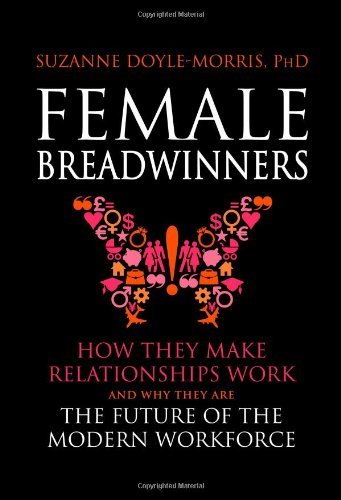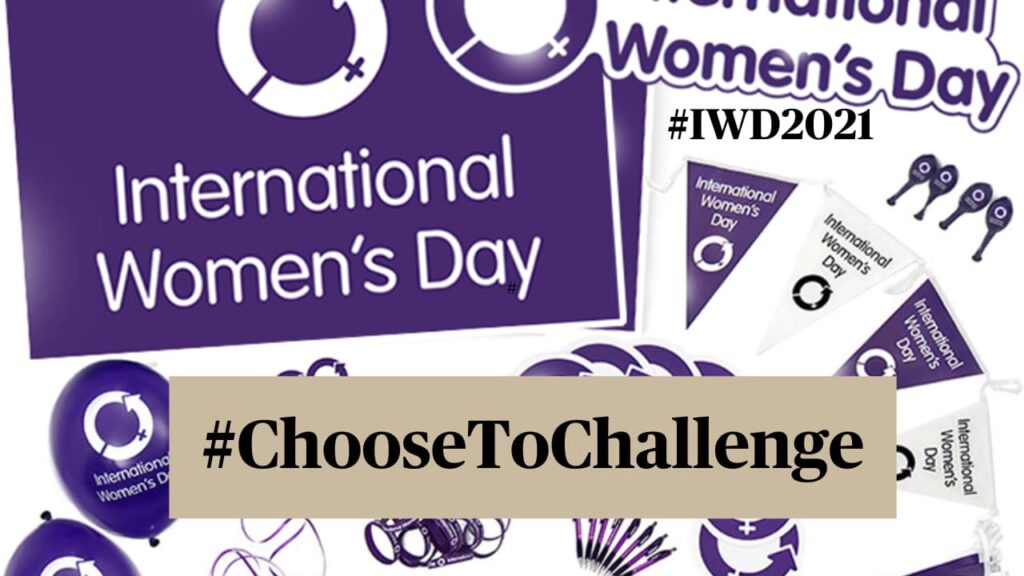Quite a lot, it turns out, and a lot is determined by how your partner views your earnings – particularly as it relates to how they feel about money and power in the relationship. When I began my research into the lives of female breadwinners, over a decade ago, very few people had looked at these women as a specific group.
This is despite the fact the number of women who are the main earners for their household has increased 600% since the 1970’s when I was born. Someone was clearly missing a trick!
That’s why I was delighted to see the latest research by Erin Reid, who surmised her insights about money and power, which was based on talking to the heterosexual men with whom these women live.
Reid, who worked with men at a consultancy firm, explained to the Harvard Business Review: “I was told by an insider that most men at the firm had stay-at-home wives. In my sample of 42 married men, 23 of their wives worked full-time and 13 worked part-time. However, in reality, just six of the 42 wives mentioned were not working at the time of the interview.
Just as I saw with my work with professionals, there was a clear tension in the firm between common beliefs about men’s family lives and the actual characteristics of men’s families, highlighting the link between power and money in these relationships.
This reminded me of a piece of consultancy I also did for a law firm a few years after my second book ‘Female Breadwinners: How They Make Relationships Work and Why They are the Future of the Modern Workforce‘ was published. For my book, a topic, I still routinely speak to audiences about, when I asked the Partners who lamented the ‘loss of their women’ where these women the firm had been going, they reassured me women were leaving to ‘spend more time with their families’.

However, when I pushed further and asked to interview senior women who had left, I discovered only one of the 6 they introduced me to had actually reduced her hours. Instead, all had left for bigger in-house legal roles or switched to firms where they felt they’d have a greater likelihood of earning Partnership. Interesting, as Reid found, the stories organisations tell themselves about why they lose people, are often different from the reality.
Interestingly, Reid noticed a difference in the men who had female partners with whom they ‘shared’ responsibility for earning – that is they saw themselves as ‘breadsharers‘. These men felt more empowered at work since they weren’t the only ones paying the mortgage. It also meant that the men who identified as ‘breadwinners’ felt a bit more trapped. Ironically, this happened for self-identified ‘breadwinners’ even if partnered with women who earned – sometimes as much as he did!
To me, this has huge implications for ‘group think’ and the likelihood that people will challenge poor behaviour or decisions when they see it. After all, if you are feeling ‘trapped’ or that everything relies on your earnings, you’re less likely to ‘rock the boat’. Interestingly, Reid also found that the social status of her work mattered – all of the 42 men married to doctors or lawyers self-identified as ‘bread sharers’.
While this research is fascinating, I think it suggests a few things you can do, as I laid out in my own book.
- Use ‘breadsharing’ in your day to day conversations.
- Talk about the social value of your work, which may be as importantn to listeners as the cash you bring home!
- Question the patterns of big decisions being made by groups of people who identify as ‘breadwinners’
- Ask your partner what your earning enables for them ?
To celebrate this research, as well as the 10th anniversary of the publication of my book, grab a signed copy for yourself or a friend
Lastly, if you or your team are planning for the upcoming International Women’s Day, I’d love to help out by speaking with your audience!
Check out my latest video about how you can #BreakTheBias

